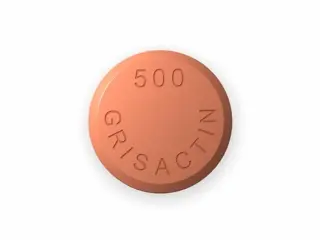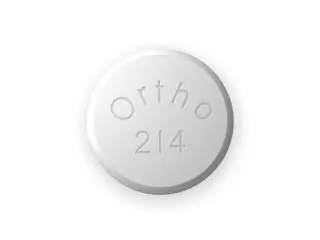Antifungal
Discover effective antifungal treatments to quickly relieve and prevent fungal infections. Shop trusted creams, sprays, and oral medications designed for fast, lasting results. Buy now for healthy, fungus-free skin and nails.
Antifungal medications are used to treat fungal infections that affect skin, nails, mouth, and other parts of the body. These infections are caused by different types of fungi, including yeasts and molds. Antifungal drugs help stop the growth of fungi, reduce symptoms, and cure the infection. Below is a review of popular antifungal medications available in the market.
Diflucan (Fluconazole) is a widely used antifungal pill. It works by blocking the enzyme that fungi need to produce a protective layer. Diflucan is effective against fungal infections like yeast infections, thrush, and certain systemic infections. It is usually taken once daily and is well tolerated. Patients appreciate its convenience and reliable results. Side effects are rare but may include headaches, nausea, and abdominal pain.
Grifulvin and Grifulvin V (Griseofulvin) are traditional antifungal tablets used mainly for fungal infections of the skin, hair, and nails. These medications interfere with fungal cell division, stopping the infection from spreading. Grifulvin requires longer treatment periods, sometimes several weeks or months, especially for nail infections. Grifulvin V is a microcrystalline form that is better absorbed, making it more effective. Patients need to take these pills with fatty meals to improve absorption.
Grisactin (Griseofulvin microsize) is another form of griseofulvin. It treats similar infections affecting skin and nails. Due to its smaller particle size, Grisactin is absorbed more efficiently than older forms. Treatment duration is often long, and compliance is important for success. Some patients report mild side effects like nausea and headache. It is important to avoid alcohol while using this medication.
Lamisil (Terbinafine) is a popular choice to treat fungal infections, especially nail fungus and athlete’s foot. It works by blocking a fungal enzyme needed for cell membrane production. Lamisil can be taken orally or applied as a topical cream. Oral tablets are usually taken once daily for several weeks. Patients like its high effectiveness and shorter duration of treatment compared to older drugs. Side effects are usually mild but can include stomach upset and headache.
Lotrisone is a combination antifungal and corticosteroid cream. It contains clotrimazole and betamethasone. This cream is used for skin infections where inflammation is present. Lotrisone quickly reduces itching, redness, and swelling while treating the fungal infection. It is useful for conditions like athlete’s foot, ringworm, and jock itch. It should not be used on the face or for long periods to avoid thinning of the skin and other steroid-related side effects.
Nizoral (Ketoconazole) is effective against a broad range of fungal infections. It is available in both tablet and shampoo forms. The tablets are prescribed for systemic infections or severe skin infections. Nizoral shampoo is popular for treating dandruff and seborrheic dermatitis caused by fungi. Ketoconazole works by damaging the fungal cell membrane. Some users find it very effective but have reported stomach upset with oral tablets and mild irritation with the shampoo.
Sporanox (Itraconazole) is a strong antifungal medication used for various fungal infections including nail fungus and systemic infections. It inhibits fungal cell membrane synthesis. Sporanox capsules are taken with food to improve absorption. The treatment course can last from several weeks to months, depending on the infection. Patients report good success rates but some caution is needed as it may interact with other medications. Common side effects include nausea, abdominal pain, and headache.
Each antifungal drug has its own profile regarding effectiveness, duration, and side effects. Choosing the right medication depends on the type and severity of the fungal infection. For minor skin infections, creams like Lotrisone or Nizoral shampoo can work well. For nail and systemic infections, oral tablets such as Diflucan, Lamisil, or Sporanox may be necessary.
It is essential to follow the prescribed treatment course fully. Stopping early can lead to recurrence or resistance. Patients should also practice good hygiene, keep affected areas dry, and avoid sharing personal items to prevent spreading or reinfection.
Consulting a doctor before starting antifungal treatment is important, especially if symptoms persist or worsen. Some antifungals may not be suitable for pregnant women, children, or those with liver problems. Checking for drug interactions is also crucial when taking other medications.
Overall, antifungal medications like Diflucan, Grifulvin, Grisactin, Lamisil, Lotrisone, Nizoral, and Sporanox provide effective solutions for a range of fungal infections. They restore comfort and health by eliminating troublesome fungi and preventing further spread.





